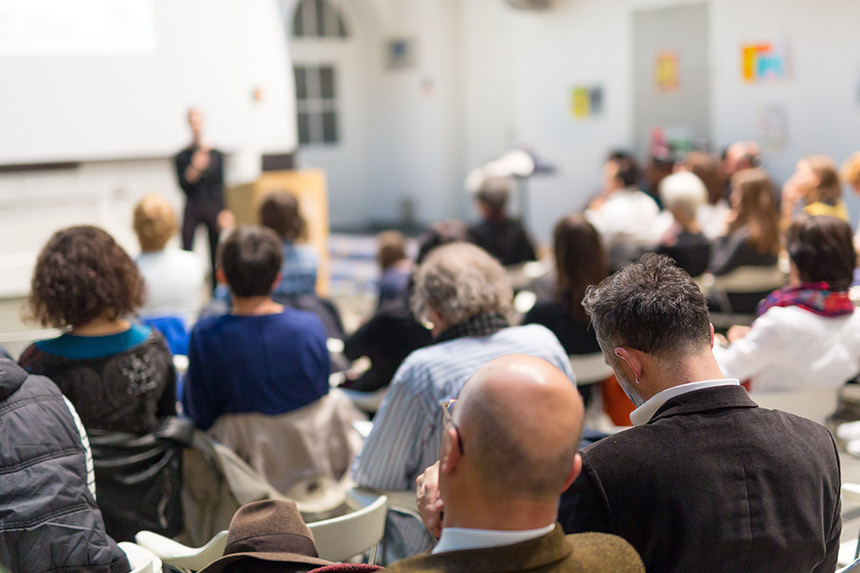The process of attending academic conferences? Attending academic conferences can be a valuable experience for scholars, researchers, and students. Here’s an overview of the process, from preparation through participation:
1. Finding Relevant Conferences
- Identify Your Field: Focus on conferences that relate to your area of research or academic interest.
- Search for Conferences: Use academic networks, university announcements, and websites like Conference Alerts, or specific academic organizations to find relevant events.

- Check Conference Reputation: Look for established conferences in your field, and consider their impact factor or the presence of key figures in your discipline.
2. Submitting Proposals/Papers
- Understand Submission Guidelines: Review the conference's call for papers for specifics on themes, formatting, and submission deadlines.
- Prepare Your Submission: This could be an abstract, a full paper, or a poster presentation. Ensure your submission clearly addresses the theme of the conference.
- Peer Review Process: Be aware that most conferences will have a peer review process where submissions are evaluated by experts before acceptance.
3. Registering for the Conference
- Early Registration: Take advantage of early bird rates, if available. Keep an eye on deadlines to secure your spot.
- Budgeting: Include registration fees, travel, accommodation, food, and any potential extra costs in your budget.
4. Preparing for Attendance
- Travel Arrangements: Book transportation and accommodations well in advance.
- Prepare Materials: Bring copies of your paper, poster, business cards, or any other materials that may be useful for networking.
- Review the Agenda: Familiarize yourself with the conference schedule, keynotes, and sessions of interest.
5. Networking Preparation
- Elevator Pitch: Prepare a brief introduction about yourself and your work to share with attendees.
- Plan Meetings: Reach out to colleagues or potential collaborators prior to the conference to set up meetings.
6. Participating in the Conference
- Attend Sessions: Engage in talks and panels that interest you. Take notes and think critically about the content.
- Present Your Work: If you're presenting, practice your talk or presentation multiple times to ensure confidence.
- Engage with Others: Participate in Q&A sessions, discussions, and networking opportunities during breaks, meals, and social events.
7. Post-Conference Activities
- Follow-Up: After the conference, reach out to people you connected with. Send thank-you notes to those who may have helped or provided feedback.
- Review and Reflect: Take time to review your notes and think about what you learned. Consider how you can apply this knowledge or insights into your work.
- Consider Publications: Some conferences offer opportunities for publication in conference proceedings or special issues. Explore options for sharing your work.
8. Continuing Engagement
- Stay in Touch: Maintain relationships with colleagues you met at the conference.
- Look Forward to Future Conferences: Stay updated on upcoming conferences and think about how you can contribute in the future.
Conclusion
Attending academic conferences is an enriching process that aids in professional development, networking, and knowledge sharing. By following these steps, you can maximize the benefits of your conference experience.

